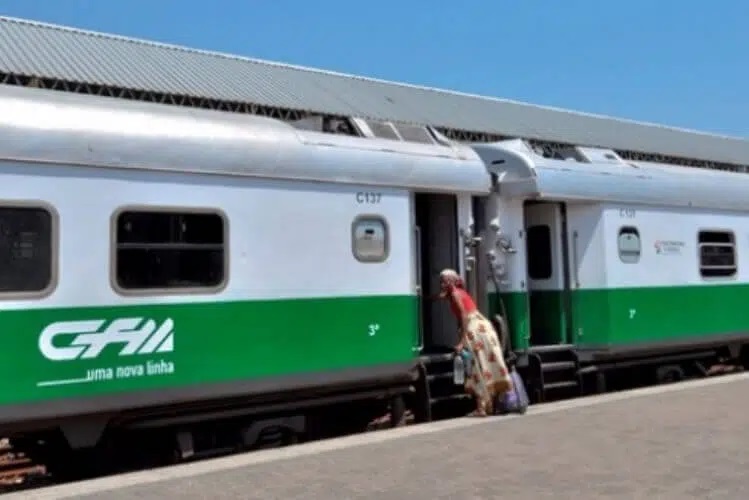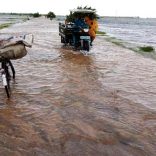Mozambique: Bank credit grew 17% in six years to 3.631 billion meticais in 2023
Sena Line: Passenger trains resume a month after cuts caused by Cyclone Freddy

FILE - For illustration purposes only. "Passenger trains will start circulating again and then the freight trains will follow", Governor of Tete Domingos Viola was quoted by Rádio Moçambique as saying yesterday .[File photo: MMO]
Passenger services on the Sena railway line in central Mozambique were due to resume this Tuesday, a month after they were cut due to Cyclone Freddy, the authorities announced yesterday.
“The circulation of Beira-Moatize passenger trains” will resume, “obeying the same schedules [as before],” the Company Portos e Caminhos de Ferro de Moçambique (CFM) says.
The line was cut in the district of Doa, Tete province, in March, interrupting circulation between the port of Beira in Sofala province, central Mozambique, and Moatize, an important coal production area in Tete province.
Flooding caused by Cyclone Freddy also washed away part of a railway bridge in Mutarara district, also in Tete province, leaving a section of the Sena Line suspended between a bridge support and the bank of the river.
A month later, “passenger trains will start circulating again and then the freight trains will follow”, Governor of Tete Domingos Viola was quoted by Rádio Moçambique as saying yesterday.
Governor Viola said that the interruption of circulation had caused both the companies that use the line and the general population “very large losses”.
Cyclone Freddy lashed Mozambique in February and March, causing the deaths of at least 169 people, affecting more than 200,000 families and destroying infrastructure.
According to the authorities, ‘Freddy’ was one of the longest-lasting and longest-tracked cyclones in recent decades, covering more than 10,000 kilometres after forming off northern Australia on February 4 and then crossing the entire Indian Ocean to southern Africa.
The current rainy season (October to April) has already killed 302 Mozambicans and affected more than a million residents.
Mozambique is among those countries most severely affected by climate change worldwide, with cyclones regularly arriving from the Indian Ocean and floods from watersheds across southern Africa.













Leave a Reply
Be the First to Comment!
You must be logged in to post a comment.
You must be logged in to post a comment.